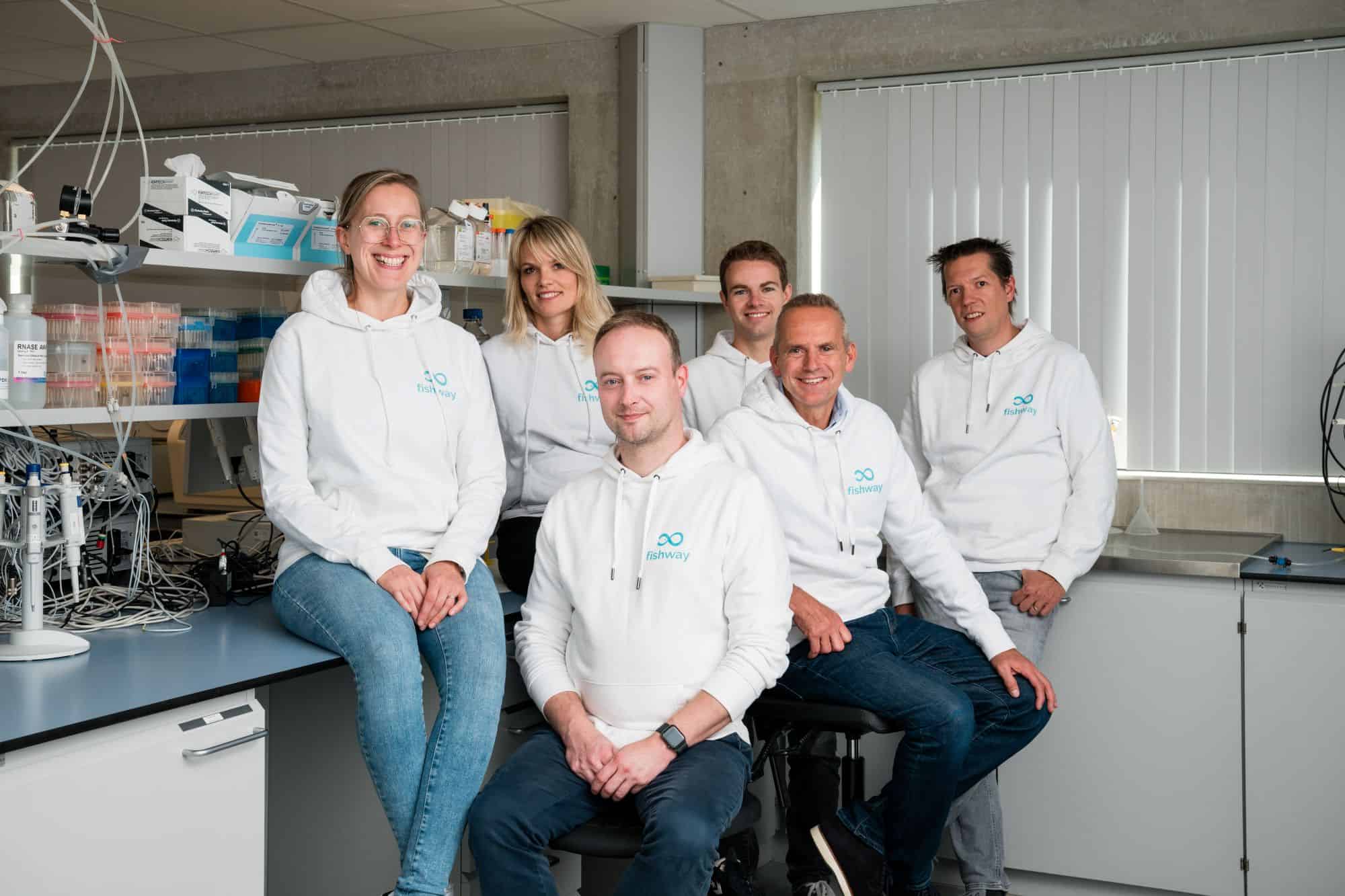A new report by the Advanced Biotech for Sustainability (AB4S) coalition has found that advanced biotechnology has the potential to reduce global emissions by 5% and generate $1 trillion in annual economic value.
Called Harnessing the economic and environmental benefits of advanced biotechnology, the report is co-authored by AB4S founding members Arsenale Bioyards, Basecamp Research, Cradle, Darwin International, EIT Food, Evonik, Good Food Institute, Invert Bio, Lallemand, L’Oréal, and ShakeUp Factory. It claims that up to 60% of inputs to the global economy, including biological materials and non-biological inputs, could be produced or replaced using biological methods.
The authors note that recent biotech breakthroughs have enabled the introduction of sustainable bio-based solutions in many industries. However, they find that advanced biotech has not yet lived up to its sustainability and economic potential.
According to the report, unlocking the full potential of biotechnology could not only create a $1 trillion market roughly the size of Switzerland’s GDP, but also save 3-4 gigatons CO2e (the equivalent of three times the global aviation emissions). Furthermore, an area of land equivalent to the size of India could reportedly be repurposed, while water use could be reduced by 250-500 billion m3.

“Forward-looking insights”
However, the report claims that achieving these goals will require at least $500 billion in cumulative investment for fermentation alone. Numerous barriers must be addressed, including the need for large-scale production, sufficient funding, price parity with conventional products, regulatory approval, and consumer acceptance.
The report suggests that these challenges should be tackled through collaborative efforts focused on three goals: prioritizing bio-solutions based on market demand, de-risking the scaling process, and ensuring cost-effectiveness at scale.
Efforts are already being made to advance the biotechnology sector; the US state of Illinois recently allocated $680 million to create the Illinois Fermentation and Agriculture Biomanufacturing (iFAB) Tech Hub, while BioMADE, a public-private partnership focused on advancing bioindustrial manufacturing in the US, has surpassed 300 members.
“With this report, the AB4S coalition aims to offer fact-based, forward-looking insights and a unique framework to help organizations set priorities and provide a bold, unified vision of advanced biotechnology that is shared across the organizations authoring this report,” says the coalition. “The goal is to bring advanced biotech to the next horizon by fostering collaboration among stakeholders, unlocking investments, boosting confidence in advanced solutions, and supporting commercial scaling.”




